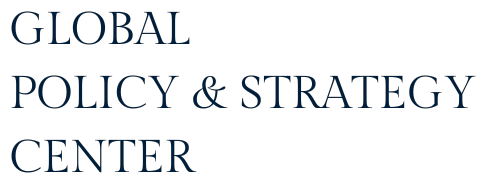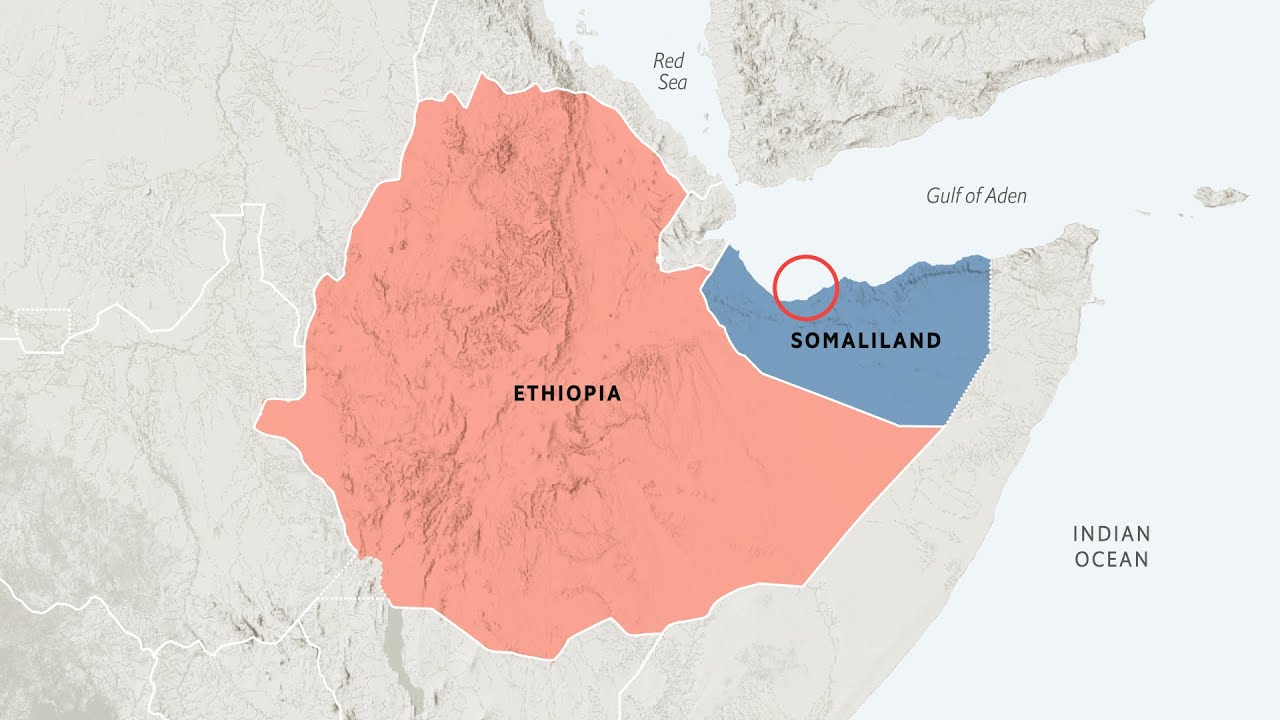The recent pact between Ethiopia and a breakaway Somali territory has sparked debate and has the potential to shift alliances in the Horn of Africa and Middle East. In January 2024, Somaliland President Muse Bihi Abdi and Ethiopian Prime Minister Abiy Ahmed signed a memorandum in Addis Ababa, granting Ethiopian naval forces access to a portion of Somaliland’s coastline in the Gulf of Aden for 50 years. In return, Ethiopia agreed to assess Somaliland’s recognition status and offered the territory a stake in Ethiopian Airlines.
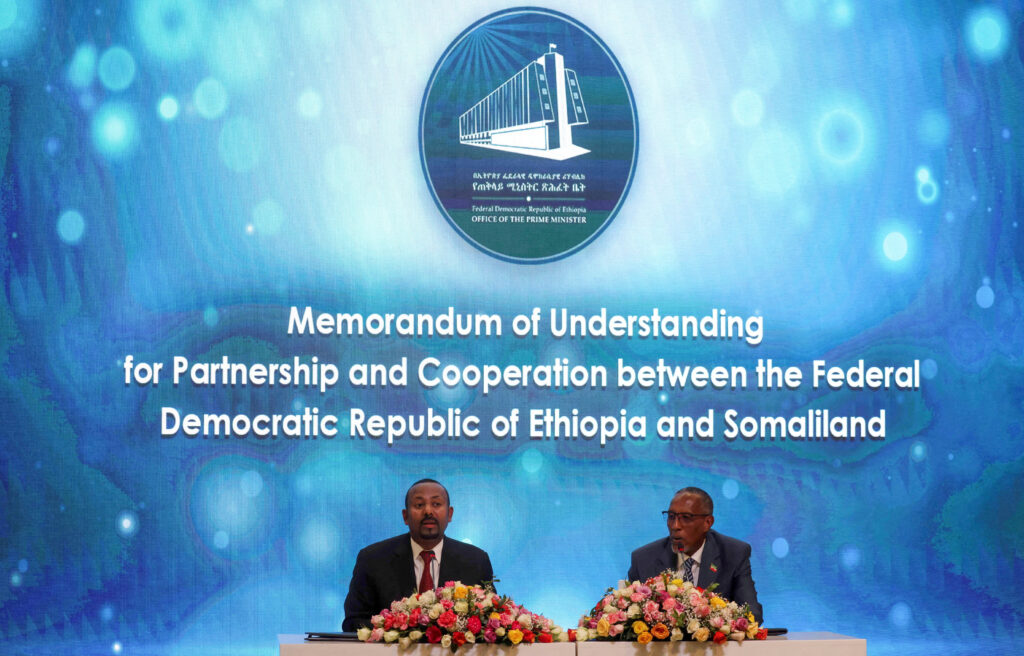
Ethiopia’s willingness to secure sea access has led to speculation about potential agreements with other neighboring countries, including Eritrea. However, the deal with Somaliland has raised concerns due to the territory’s disputed status and historical conflicts between Ethiopia and Somalia.
Despite Somalia’s objections and calls for Ethiopia to revoke the agreement, Ethiopia’s foreign policy ambitions suggest a determination to pursue its interests regardless of diplomatic challenges. Some view this move as a strategy to bolster Abiy’s leadership amidst domestic and international criticisms.
The United States, among other countries, has significant security concerns in the Red Sea region. With escalating tensions between the US and Houthi rebels based in Yemen, there’s a potential for Washington to seek to expand its military presence beyond Djibouti. Reports suggest that over the past couple of years, the US has shown interest in utilizing Berbera port and airfield in Somaliland as a strategic base for countering al-Shabaab.
Somaliland on the Map
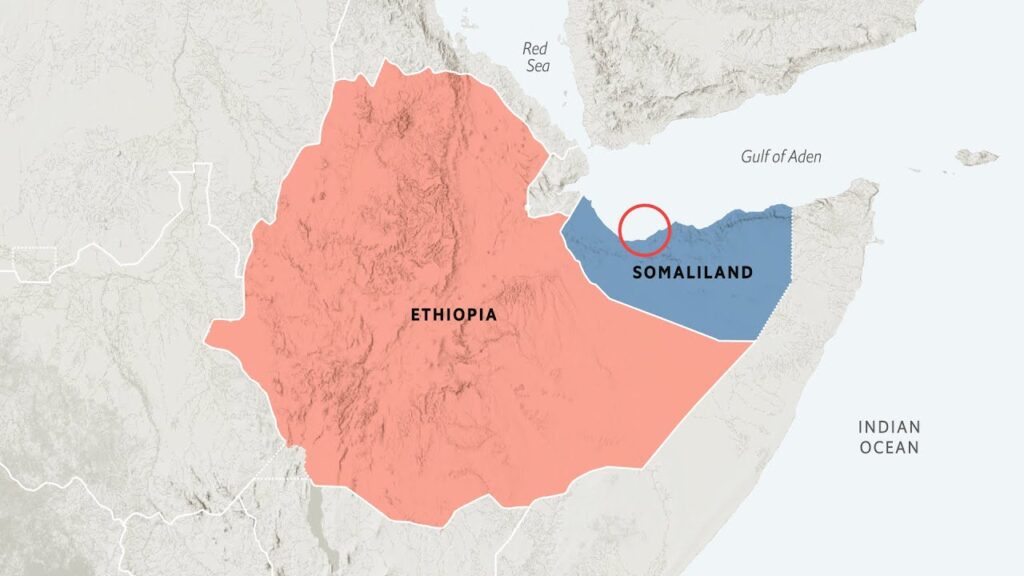
The quest for independence in Somaliland has spanned over three decades, evolving amidst geopolitical complexities in the Horn of Africa. Situated strategically along the Gulf of Aden, Somaliland declared autonomy from Somalia in 1991, establishing its own governance system, fostering democratic progress, and maintaining relative stability compared to its tumultuous neighbor. However, despite its efforts, Somaliland’s aspirations for statehood remain unrecognized internationally, limiting its global engagement.
Over the years, there have been intermittent attempts to reconcile Somaliland with Somalia, often with diplomatic initiatives aiming at peace and cooperation. In December 2023, a meeting convened by Djibouti’s President aimed to revive dialogue between Somaliland and Somalia, addressing past agreements and fostering collaboration on security matters. However, internal conflicts persist, notably in regions where residents aspire for autonomy from Somaliland, posing challenges to its independence endeavor.
Wider effects on the Middle East
The recent agreement between Somaliland and Ethiopia signals a strategic move amidst regional power struggles, particularly concerning access to the Red Sea. This has intensified diplomatic tensions between Somalia and Ethiopia, with Somalia adamantly opposing Ethiopia’s involvement in Somaliland. Despite calls for mediation from regional bodies like the AU and IGAD, the dispute remains unresolved, with both sides standing firm on their positions.
Ethiopia’s agreement with Somaliland for sea access has heightened tensions in the Red Sea region and sparked diplomatic conflict with Mogadishu. The potential consequences include exacerbating existing regional instability, complicating Ethiopia’s relationship with Somalia, and potentially triggering armed conflict involving Ethiopia, Somaliland, and Somalia. Such a scenario would have far-reaching implications for regional security and cooperation efforts, including counterterrorism initiatives and foreign military presence in the area. Collaboration between the three nations through regional institutions like IGAD or the East Africa Community could offer a path towards easing tensions and fostering economic progress. However, Ethiopia’s decision to engage with a unilaterally seceded territory like Somaliland risks undermining trust and cooperation in the region, as some believe there are alternative, more peaceful options for securing sea access.
The international response to the Ethiopia-Somaliland pact has been mixed, with some countries expressing support for Somalia’s territorial integrity, while others, including Western nations, urge caution and dialogue. Meanwhile, regional dynamics, particularly involving Gulf nations like the UAE, further complicate the situation, hinting at potential shifts in alliances and policies.
Conclusion
The latest accord between Somaliland and Ethiopia signifies a calculated maneuver amid regional geopolitical dynamics, notably regarding Red Sea access. This development has heightened diplomatic friction between Somalia and Ethiopia, as Somalia vehemently opposes Ethiopia’s engagement with Somaliland. Despite appeals for intervention from regional entities such as the AU and IGAD, the disagreement persists, with each side steadfast in their stances.
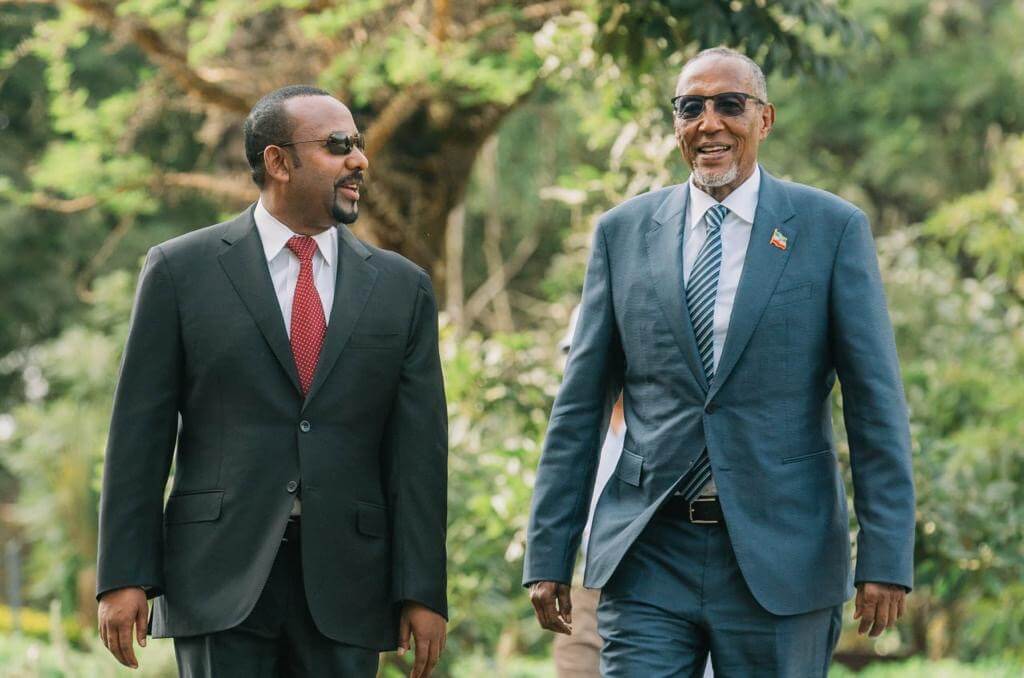
The continuous strife between Russia and Ukraine, the Sudan crisis, Israel’s military campaign in Gaza, and the Houthis’ assaults in the Red Sea have collectively diverted the international community’s attention away from the Ethiopia-Somaliland agreement and its implications. Nevertheless, the friction between Somalia and Ethiopia has hinted at potential alliances forming among regional actors and rivals across Africa and the Middle East.
Despite challenges and criticisms, the Ethiopia-Somaliland partnership persists, with ongoing efforts to secure Ethiopian port access and strengthen military cooperation. The involvement of key regional players, such as the UAE and Egypt, adds layers of complexity to the geopolitical landscape, with implications for regional stability and diplomacy.
